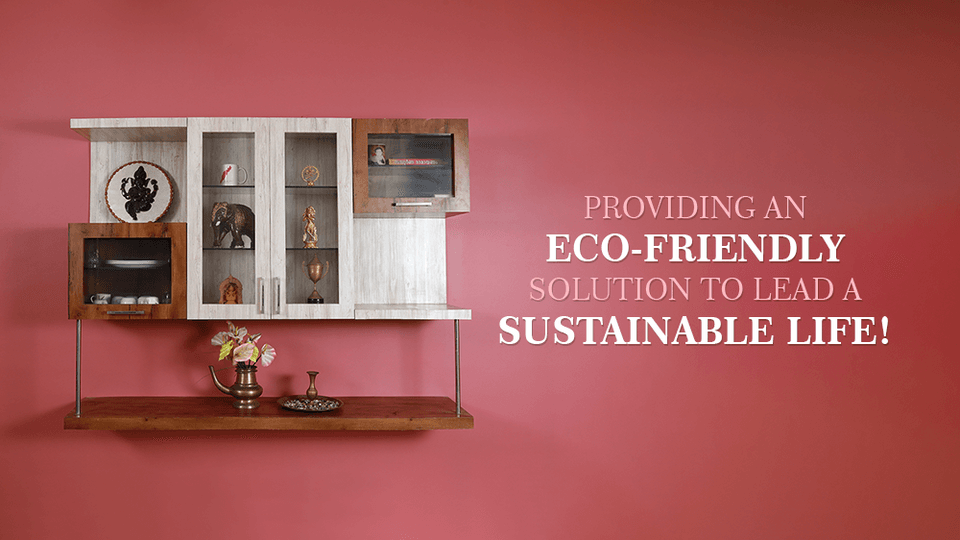
© 2026 Made for Planet • Privacy Policy • Terms & Conditions
Platform by Mission Sustainability
All categories Recycling companies Ricron Panels


Ankleshwar, Gujarat, India
Add a review
Ricron Panels, a prominent player in the construction building materials industry, spearheads the advancement of new technologies and fosters innovation. Renowned as manufacturers and exporters, they offer a diverse range of high-quality products. Their unrivaled expertise is particularly evident in their specialization in Brick Pallets, Regenerated Plastic Sheets, and Regenerated Plastic Sheet Pallets, where they maintain a pioneering position. Ricron Panels is committed to pushing boundaries and setting new benchmarks in the construction sector. Their dedication to innovation is evident in their continuous development of cutting-edge solutions that enhance construction practices and promote sustainability. With their state-of-the-art manufacturing facilities, they ensure the production of top-notch materials that meet stringent quality standards. As a leader in the field, Ricron Panels actively contributes to the growth of the industry by offering superior products that cater to the evolving needs of their global clientele. Through their reliable exports, they extend their reach to international markets, establishing themselves as a trusted supplier of construction building materials. With an unwavering focus on excellence, Ricron Panels is poised to shape the future of the construction industry.
Rahul Chaudhary
Director
Operating since 2013
51-200 Members
100%
Recyclable
0.25%
Water Absorption
Eco-system
Cities and Towns
Sectors
Circular Economy
Waste Management
Fair Trade
Suitable for
Accepted materials
Type of service
Method and technique
Ricron Panels employs innovative recycling techniques to produce sustainable building materials from waste plastic, emphasizing environmental conservation and circular economy principles. The process begins with sourcing post-consumer and industrial plastic waste, such as multilayered plastics and used packaging, diverting non-recyclable materials from landfills. The collected waste undergoes meticulous segregation and cleaning to remove contaminants like dirt and adhesives. Using proprietary recycling technologies, the cleaned plastic is shredded, melted, and blended into a uniform feedstock. This material is then molded under controlled heat and pressure to create durable, customizable panels suited for construction, furniture, and interiors. These panels are water-resistant, termite-proof, and long-lasting, offering eco-friendly alternatives to traditional materials like wood. By incorporating energy-efficient methods and reducing the carbon footprint, Ricron Panels provides high-performance products that contribute to sustainability and environmental protection.
Support concious people make more insightful choices
Found any error in information about this organisation?
Are you owner of Ricron Panels?
Similar companies

RecoSolution
Gandhinagar, Gujarat, India
RecoSolution provides recycling machines and services for processing various kinds of plastics including multi layered plastics or MLP. It focuses primarily on recycling and is in the industry to provide affordable and efficient machines and tools. Their products, while being manufactured in India, can be ordered anywhere across the globe with our fast services. RecoSolution’s goal is to bring a change in the attitude of how people understand plastic waste by incorporating them in contributing toward a circular economy.

JB Ecotex Limited
Surat, Gujarat, India
JB Ecotex Limited one of the leading manufacturers and exporters of high-quality Recycled Polyester Staple Fibre & PET Flakes. They enable the use of millions of used plastic bottles into superior grade eco-friendly products. They help manufacturers and brand owners to reduce plastic footprints and enabling them to ful-fill Extended Producer Responsibility.

Banyan Nation
Hyderabad, Telangna, India
Banyan Nation is a plastics recycling company that helps brands use recycled plastics instead of virgin plastics in mainstream product and packaging. Banyan Nation's proprietary plastic cleaning technology removes inks, coatings, and other contaminants using environment friendly detergents and solvents to supply near virgin quality recycled granules to brands.

Shayna EcoUnified
Greater Noida, Uttar Pradesh, India
Shayna EcoUnified India Pvt. Ltd. has been incorporated to steadily reduce the dumping of plastics in the environment. They compete to expand cost-effective architectural tiles and plastic free environments further redirecting the recycling dimension globally towards a different green revolution.

Close the Loop
Close the Loop has expanded from recycling toner cartridges to becoming a top provider of sustainability solutions, with a focus on Post Consumer Recyclate (PCR). The company processes complex waste streams, handling both hard and soft plastics, and delivers innovative solutions that support a circular economy and reduce environmental impact.